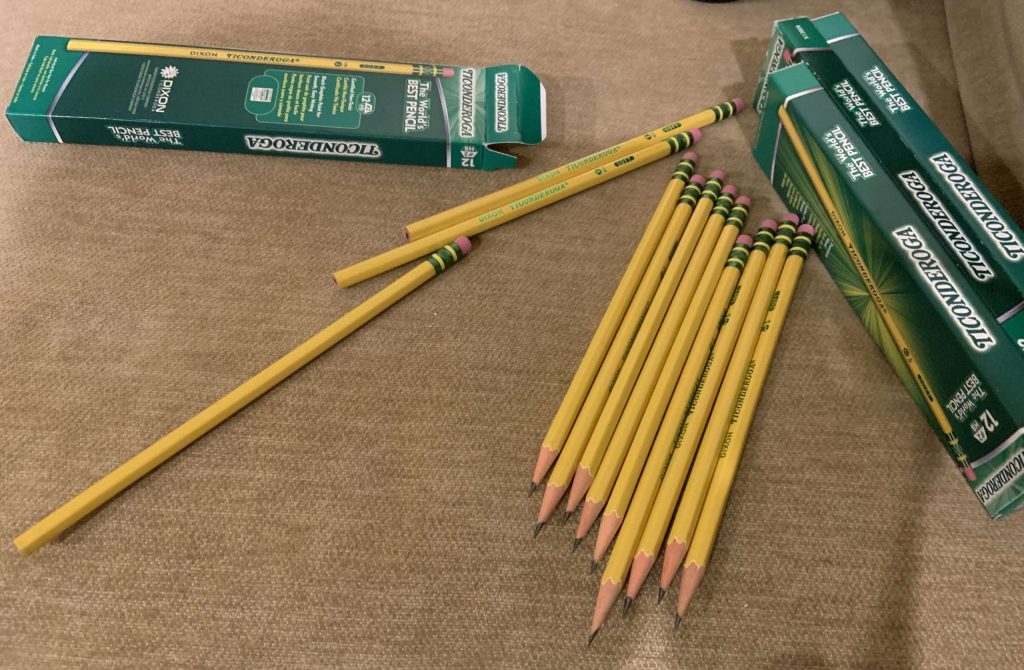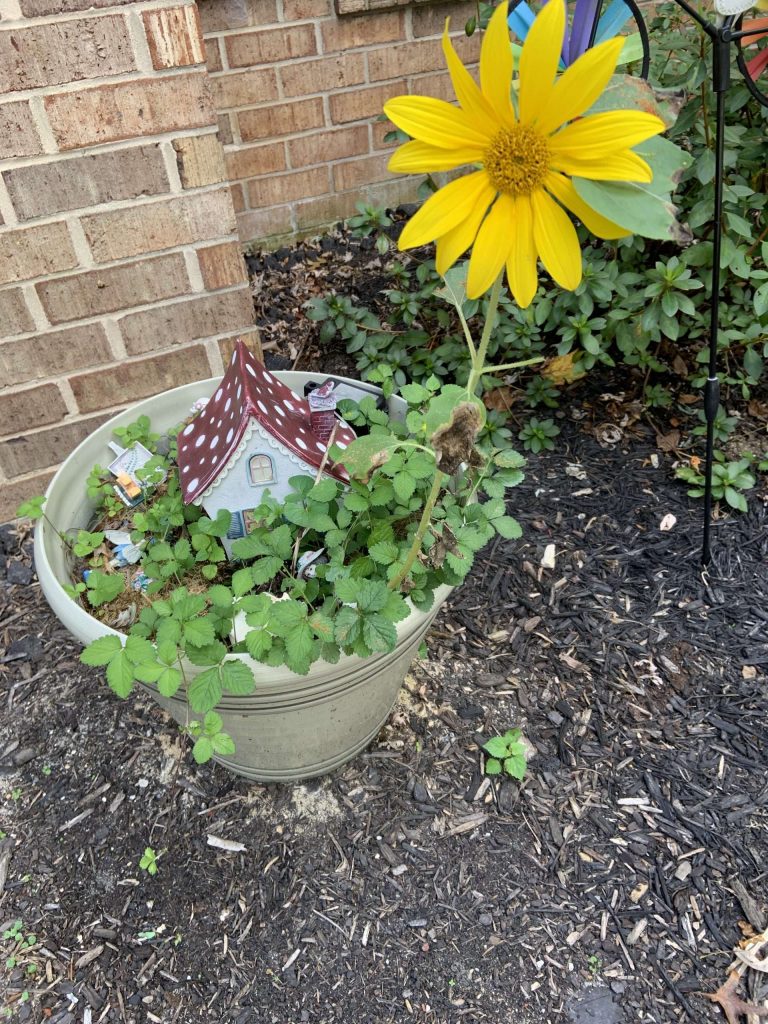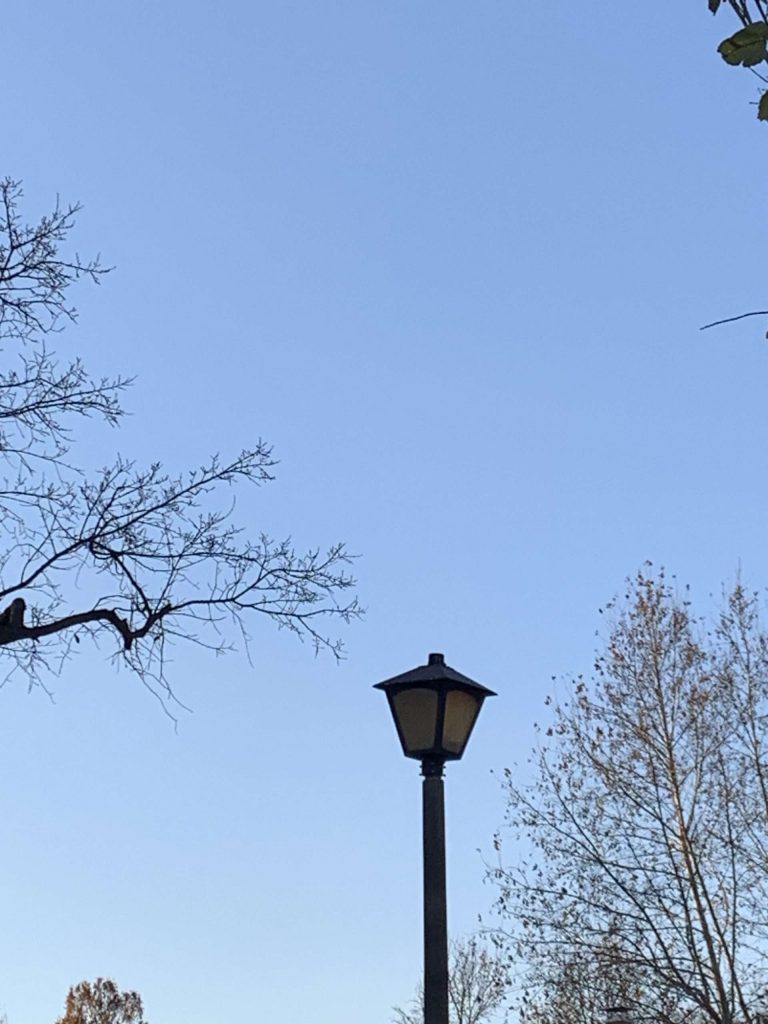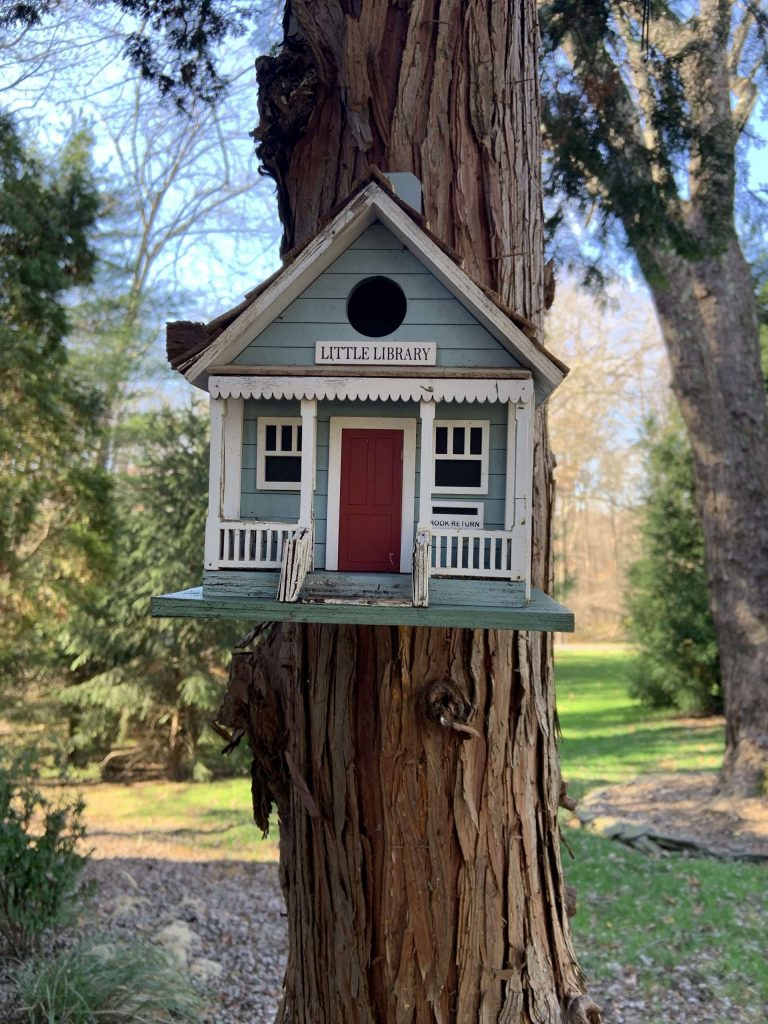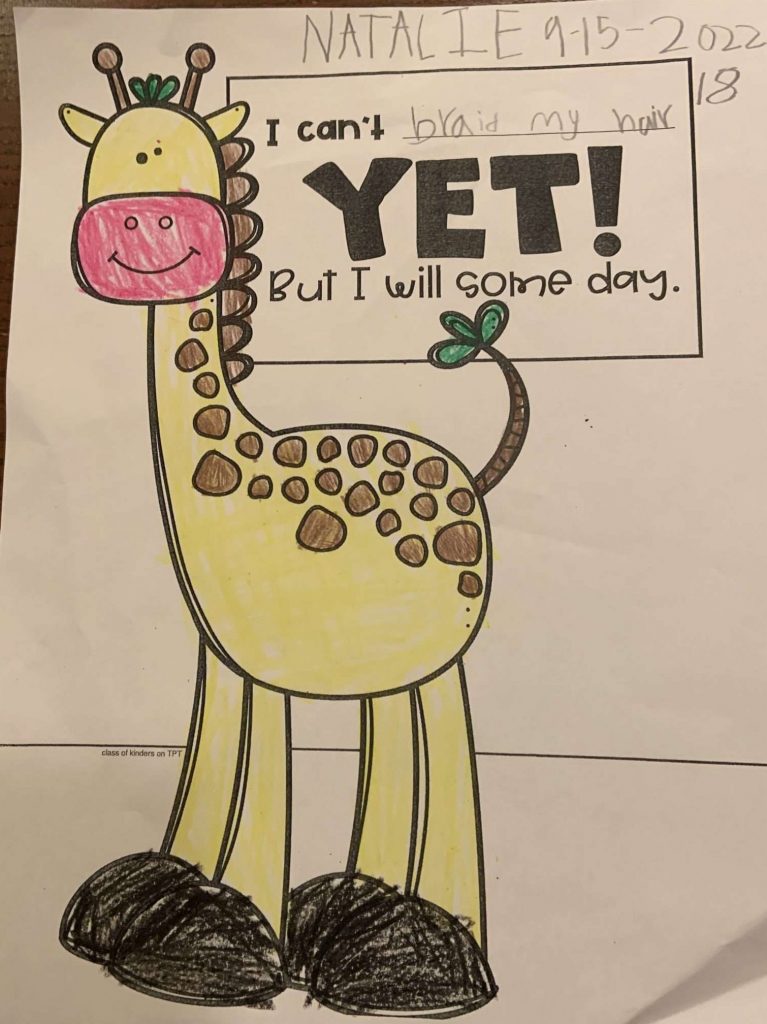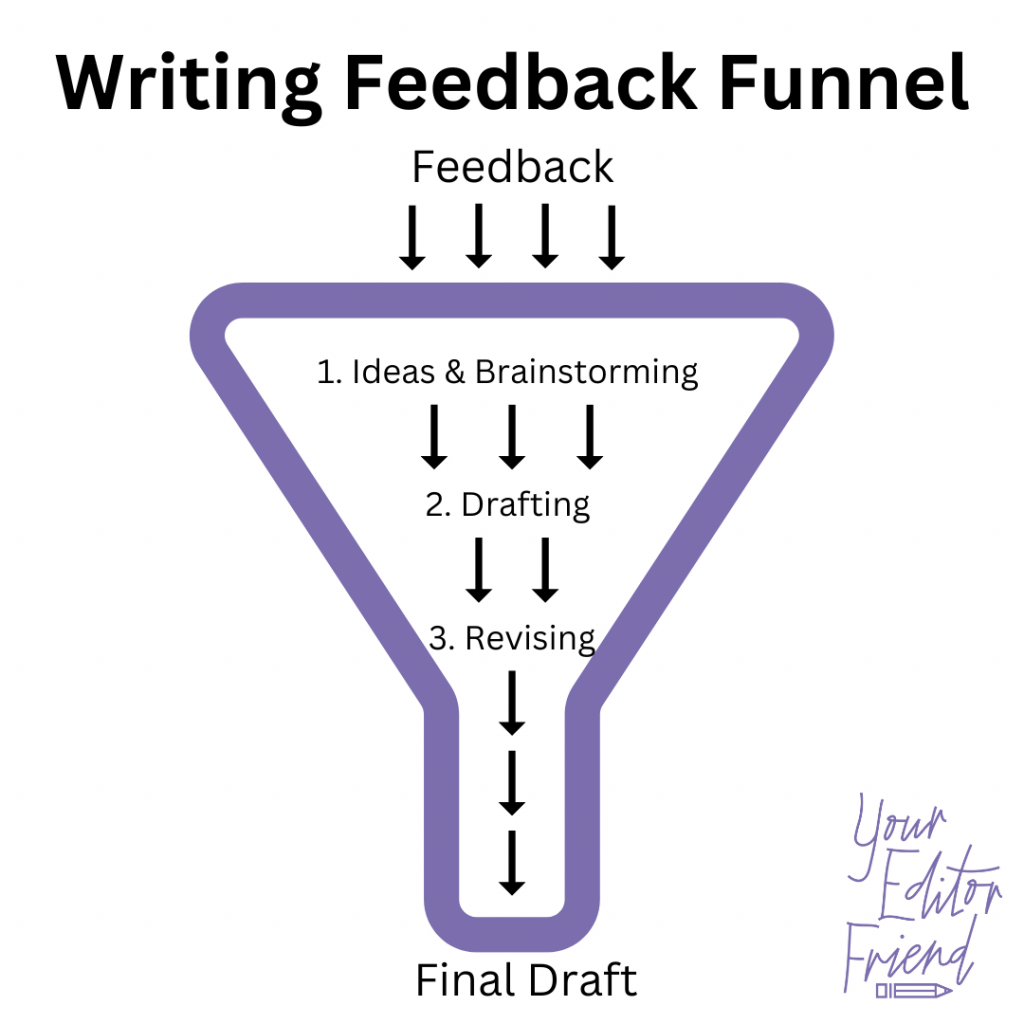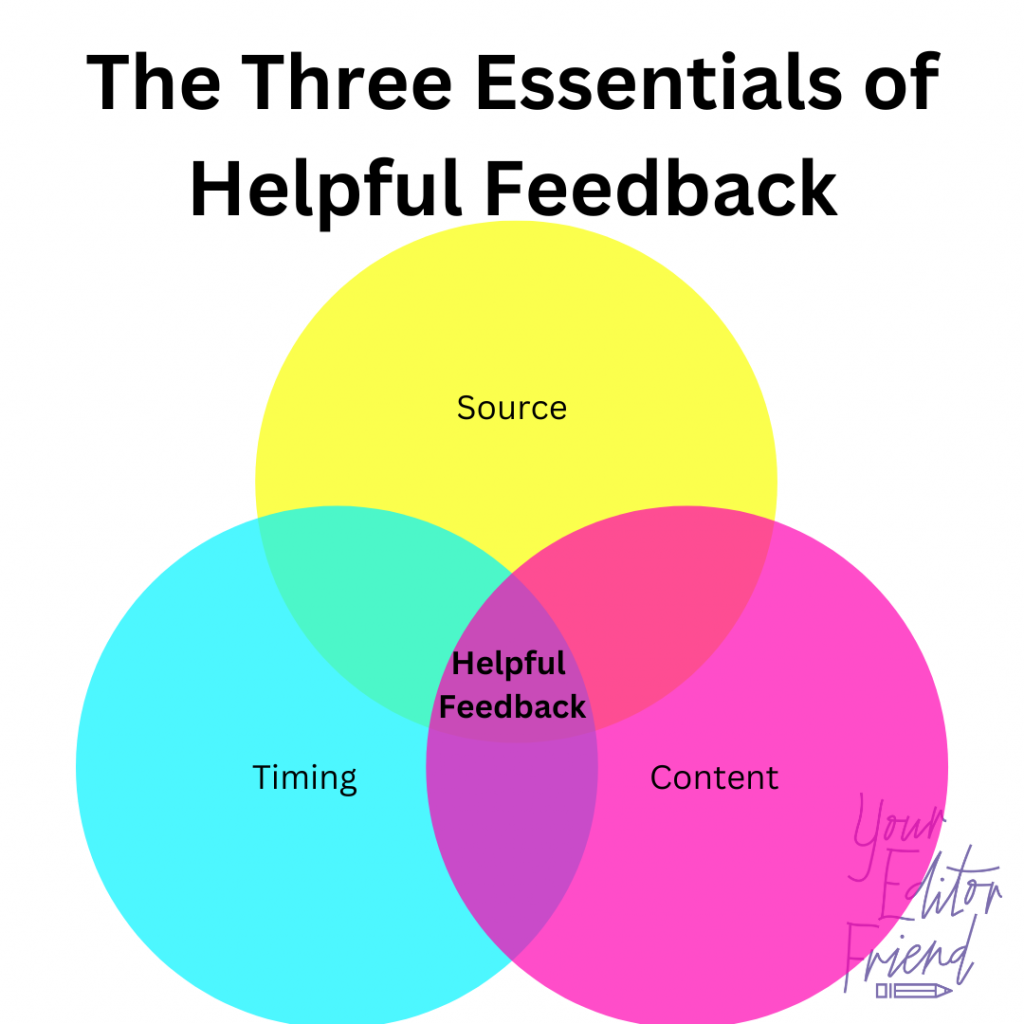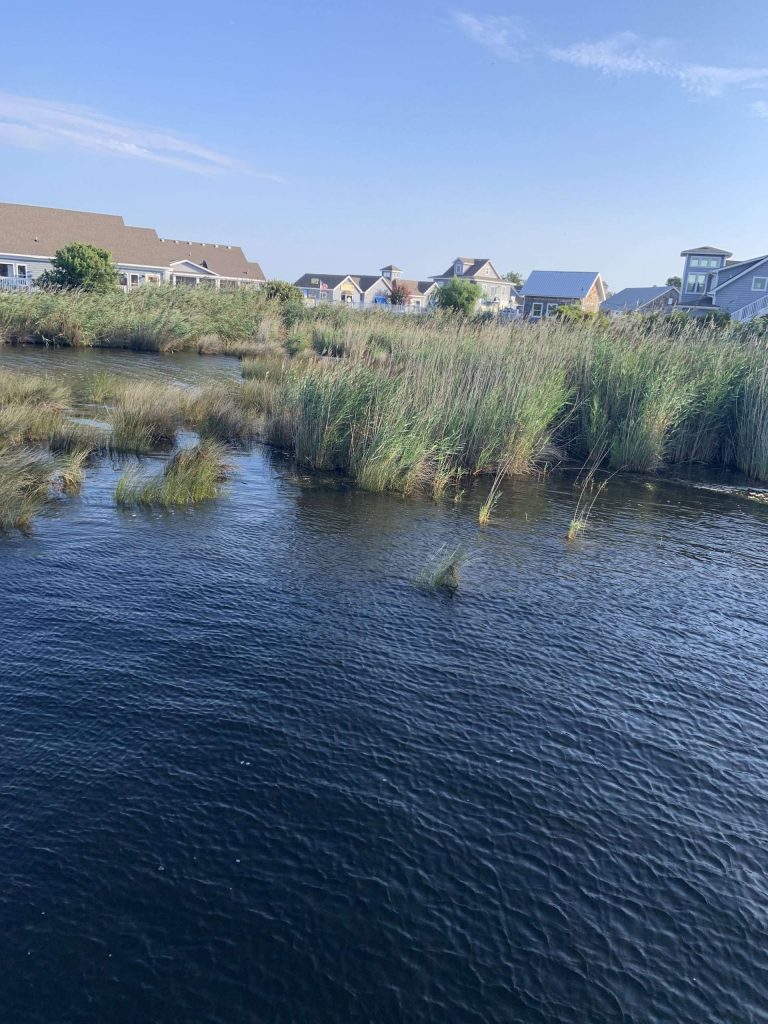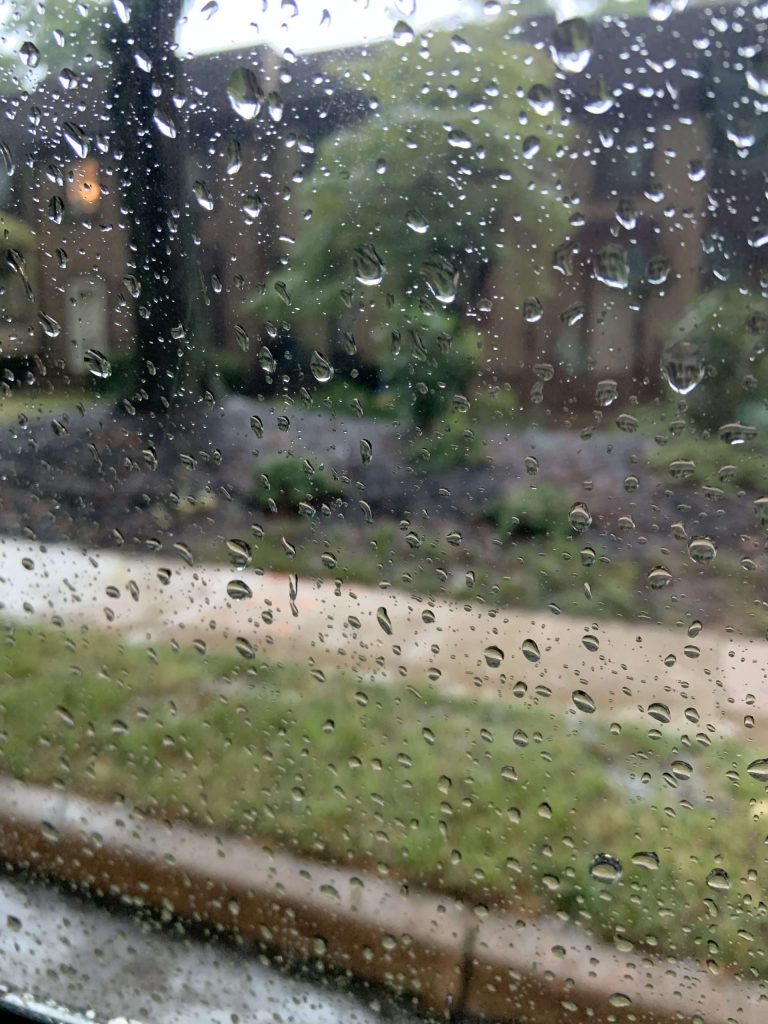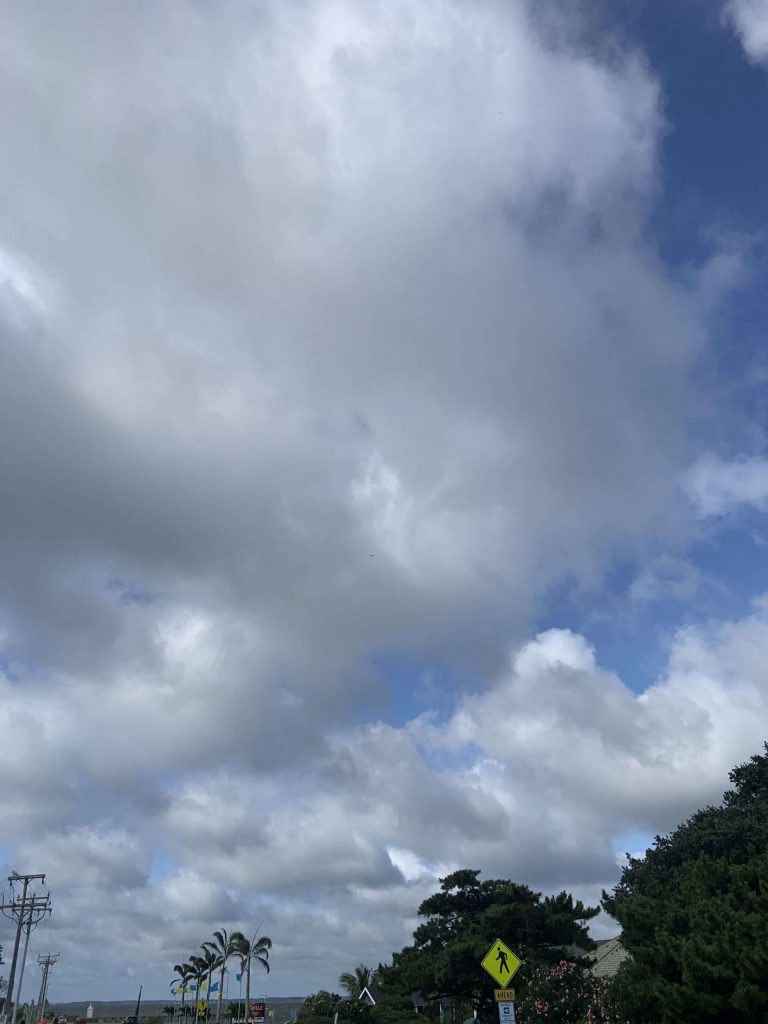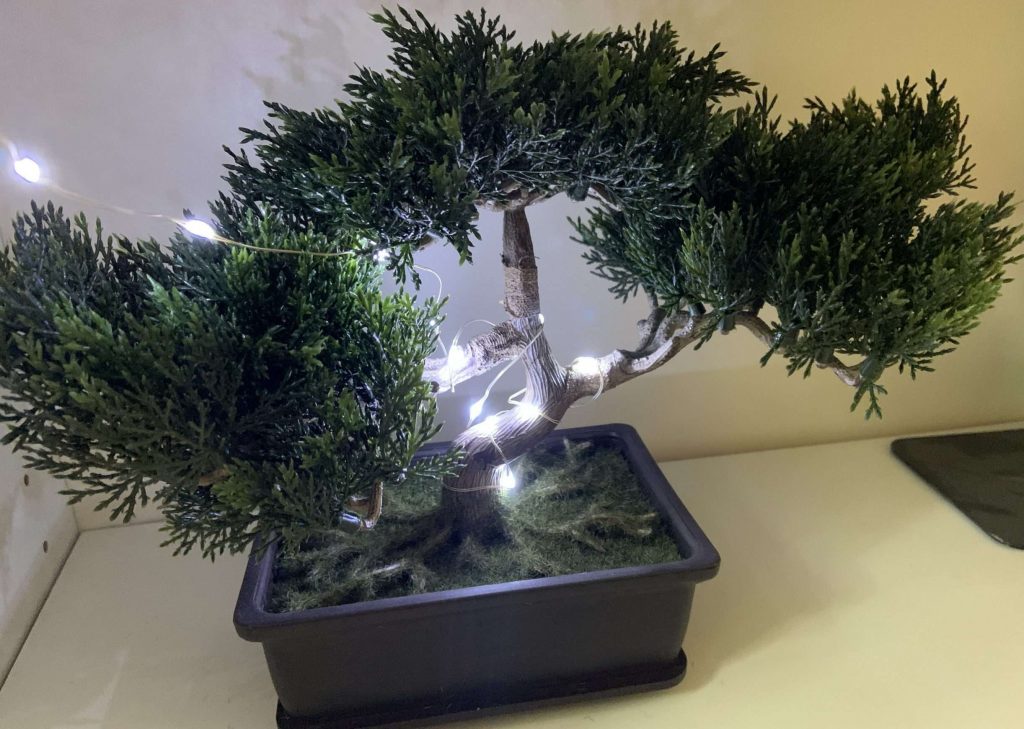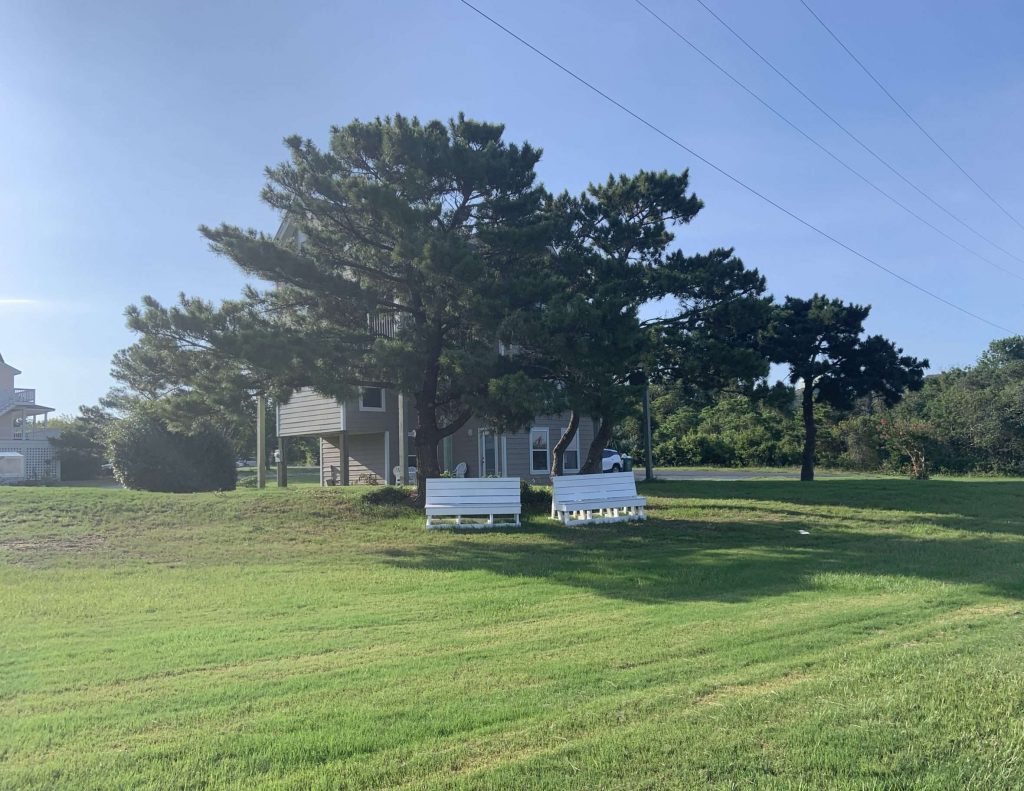Subscribe to my newsletter to receive writing guidance, revision advice, and encouragement straight to your inbox.
Ask Your Editor Friend: Nonfiction Resources
Q: I’m working on a nonfiction manuscript. Do you have any recommended resources for nonfiction authors? A: My primary area of expertise is fiction, so I turned to one of my editor friends, Heidi Fiedler, to help answer this question. Heidi is a writer and editor who has worked on more than 300 books, many of […]
Ask Your Editor Friend: Social Media
Today’s letter answers an author-submitted question about social media. And elsewhere on the internet, the excellent Sara Zarr invited me to contribute to one of her equally excellent This Creative Life newsletters. Check out How to Read an Editorial Letter for Sara’s approach to editorial letters as an author, as well as my thoughts from […]
A Year with Your Editor Friend
Since the first two posts on January 5th, 2022, this marks 52 straight weeks (and over 40,000 words!) of Your Editor Friend letters. I’ve touched on a broad range of writing and publishing topics over the past year, from evaluating feedback to approaching goals with curiosity to the submissions process to the different types of editing. No matter how long you’ve been reading, I hope that […]
How to Strengthen Your Writing at the Sentence and Paragraph Level
This week, Jane Friedman shared this Q&A about developmental editing on her website. The interview was written by Sangeeta Mehta and shares advice from Sangeeta, me, and Susan Chang. If you or someone you know is thinking of hiring a developmental editor, I hope you’ll find it helpful! In that interview, we touched briefly on how authors can strengthen their […]
My Top Four Books About Writing
Since I was a kid, I’ve hated the idea of being forced to choose favorites. I’ve almost always stubbornly insisted on multiple favorite colors, foods, movies, music, and especially books. It’s not (merely) that I’m indecisive; it’s that I find it impossible to choose a blanket favorite without considering the context. Am I choosing a […]
Ask Your Editor Friend: Making the Plot Clear in the Opening Pages
Today’s letter answers an author-submitted question: Q: I recently received feedback from an agent telling me from reading the first 10 pages of my middle grade MS., she was unable to figure out what the plot was and suggested I bring that in and make it clear right away. My question is, how do you do […]
Novel Revision Tool: Grade Your Chapters
Today I’m sharing a simple novel revision tool that an author recently recommended to me: grading your chapters. This approach can be especially helpful if you feel overwhelmed by a revision; if you’re not sure where to start revising; or if you’re looking to ease yourself back into your story and characters before diving in. […]
Show, Don’t Tell: Why It’s a Writing Rule & How to Break It
“Show, Don’t Tell” is one of the most common pieces of writing advice, and for good reason. Writers have a tendency to lean on descriptive statements, or “telling,” particularly in early drafts. When you’re starting a manuscript, it can be easier and faster to describe the broad strokes of a scene, such as, “She felt […]
Ask Your Editor Friend: Working on Multiple Projects Simultaneously
Today’s letter answers a question I received from an author: Q: What are your thoughts about working on multiple projects simultaneously, either as an editor or as a writer? I always feel drawn to write two things at the same time, and then feel like I shouldn’t, and then wonder how I would make it work […]
Upgrade Your Creative Goals
If you’re on social media, you may already be familiar with Dr. Becky Kennedy, a clinical psychologist known for her engaging posts about common parenting struggles. After the publication of Dr. Becky’s book, Good Inside, I read an interview she did with reporter Elizabeth Holmes, and was struck by one piece of advice in particular. While talking about […]
Failure and the Power of Yet
During one of the first weeks of school, my daughter came home from first grade with this paper in her backpack: I was thrilled to see her teachers reinforcing a belief we’ve been working on instilling at home: that even though there are a lot of things she can do now that she’s older, some things […]
How Do You Know When Your Book Is Finished?
If you’re currently writing or revising a manuscript, you’ve probably found yourself looking forward to the day when you reach the final page for the last time. Maybe you’ve pictured yourself typing “THE END” or labeling your manuscript file as “FINAL” (or perhaps some variation of “Manuscript_final_NEWfinal_REALfinal _FINALfinal_THISONEISFINAL”). But no matter how many times you […]
The Writing Feedback Funnel
Last week, I outlined the three essentials of helpful feedback. Today’s letter discusses another important aspect of receiving feedback on your writing: how to avoid the proverbial problem of too many cooks in the kitchen. While thoughtful, well-timed feedback from multiple trusted sources may seem like a good problem to have, the subjective nature of writing […]
The Three Essentials of Helpful Feedback
Many writers find that the more they share and talk about their work, the more feedback they receive. In addition to editors and agents, family members, friends, writing groups, and critique partners can all provide valuable feedback on a manuscript draft. However, not all feedback is helpful, and too much feedback—particularly in the early and […]
Finding Your Creative Community
While no two publishing journeys are identical, one constant I’ve heard from countless writers and illustrators is the value of finding your creative community. We all know that writing and illustrating are solitary activities, and that the creative life can often feel lonely. At the same time, it can be hard for those outside of […]
Writing Lessons from Picture Books: Think Visually
Wrapping up this four-part series on lessons all writers can learn from picture books, today’s letter is about one of the central characteristics that sets picture books apart: their marriage of text and art. In great picture books, the art and text work in synergy, building upon each other to become stronger than either would be alone. Whether or not you […]
Writing Lessons from Picture Books: Character Development
What is the first thing that comes to mind when you think of your favorite picture books? If you’re like a lot of people, you probably envisioned at least one memorable picture book character. There’s a reason that many picture books include the main character’s name in the title, from Ada Twist, Scientist to Corduroy to Julián Is a Mermaid. […]
Writing Lessons from Picture Books: Premise & Plot
As last week’s letter touched on, great picture books demonstrate many of the same qualities as great novels. This is one of the reasons studying picture books can help all writers to improve their craft, whether or not they’re writing for a picture book audience. Today, I want to talk about two specific areas in which great […]
Writing Lessons from Picture Books: Transcending Limitations
As an editor, I’ve found that picture books are one of the topics that people outside of publishing tend to be the most curious about. Even people who have read numerous picture books can be surprised to learn how much time, hard work, and artistry goes into creating one. After all, shouldn’t writing a 500-word […]
Finding Your Story’s Voice
Voice has always struck me as one of the most challenging writing topics to talk about. In comparison to areas like character development, plot, and pacing, what makes a strong voice can be harder to pinpoint and even more subjective. Instead, a strong voice is often described as “I know it when I see it” […]

